Professor at CentraleSupélec and ESSEC, Director of the Specialized Master “Centrale Essec entrepreneurs”, founder and former business manager, Jean-François Galloüin, with a very fine perception of the entrepreneurial world, follows many young people - and not so young - in their business creation journey.
Business culture, new dynamics, liberated company, he evokes why the entrepreneurial adventure is above all a story of beliefs.
Hello Jean-François. Let's start this interview with a question that provokes debate. What do you think is the success of a business ?
It all depends on your point of view. That of the founder, the shareholder, the employee, the State, the community? It is about asking why I am starting a business when I could be an employee. Those who create have a very personal purpose, which can vary greatly from person to person. Much research has been done to find out the drivers that revolve around business creation. Want to experience an adventure? The need for independence? The need for a positive impact on society, on nature? The bait of gain ? The criterion of success, a very relative notion, depends on the initial motivations. Take the example of a product that finds its market, that has a positive impact but poor economic performance. For some, however, this will be a success. Obviously, for an economist or a management professor, the criteria remain much more general: they will first of all be related to turnover, its progression and profitability. I have been accompanying students for over 20 years. I tell them that the entrepreneurial adventure is a very personal adventure. I tell them "You are the one who will make yourself happy, you are the one who will decide what you want to do and what will satisfy you!"
Has your outlook on success changed ?
Today there is a lot of talk of a liberated company. How can we get out of this sacrosanct pyramidal organization? It is true that I feel a slippage. The once overriding economic objective is gradually diminishing in favor of a desire to impact, a new concern of today's entrepreneurs. Let me give you an example relating to a course that I have been teaching for 20 years at CentraleSupélec. During my first 5 years, the subject of impact businesses did not exist. It was at the request of the students, about fifteen years ago, that we began to devote sessions to it, around subjects such as energy, water management, the aging of the population. , etc. This year, students are working on real business cases and 3 out of 4 are impact businesses!

What new dynamics do you feel ?
The GreenTech movement came to the fore in the early 2000s, before impact funds. For the first time, we were ready to give up a little economic performance in order, in return, to create a positive social impact. This is the principle of impact investing. As an investor, I am increasingly concerned about how an innovation can be received in terms of impact. The minimum we ask of him is to be neutral.
On the other hand, it must be emphasized, there have always been people who had the will to change the world, to have a positive impact. But before, we separated these people from those who were in a purely capitalist culture. Borders are now blurring, we can see it even in associations: by adopting a business culture, some will see their influence amplified.
The younger generations are very sensitive to the ecological impact. It has become a fundamental criterion in their choice of business, for both women and men. If the business does not have an impact that is at least neutral, at best positive, they will not commit to it.
What does the concept of a liberated enterprise encompass ?
It is about trying to rethink the “social contract” created within the company between the boss, the shareholders and the various employees, by giving more autonomy to the employees, so that they are more involved, take more ownership of the projects and be more accountable. Of course, it gets complicated as the business grows. The very notion of management must therefore be rethought. This is a real field of research. Even today, it is not clear which model is the right one. We reject the old model, without having clearly defined what the new could be. Organizational models are constantly evolving.
What do you think of the political role of the company ?
This is a very complicated question, this is the story of the chicken and egg paradox. The political actor is the chosen one. But who is behind? The citizen. However, citizens are consumers. Of course, companies can influence, guide, but they remain plugged to the consumer. They are the ones who play a major role. If you rephrase it, the company is selling to people who want to buy the product. The boss of the company can influence it in part, as far as what consumers are willing to buy and what the regulations allow. And who is behind the law ? The citizen. Everything is very intertwined. Who influences the other ? Ultimately, does the business create or suffer ?
The success of a business is therefore linked to the context...
Absolutely. Can a business create a market? Or does it only reveal markets, latent demands? Some of us are ready to eat vegetable steaks that taste like meat. The manufacturers who market these products today, would they have succeeded 20 years ago? We can doubt it: we probably would not have been ready. It is the context that must be favorable.
You mention the notion of belief, fundamental, in the event of a business creation. We embark on the adventure because we believe in our project. Without proof, without knowing if it will bear fruit ... Over time, this belief becomes tangible (or not). Could you expand ?
Indeed, and it's not about motivation. Creating a business is a journey, a set of assumptions. It is first the hypothesis of the person who thinks he is able, who believes that it is possible, while waiting for the proof. The second hypothesis is the person who believes that there are people who are going to be interested in what they are offering and who are going to buy their product. The third hypothesis is the economic equation, at a minimum, profitable. It’s a bit of poker every time. There are some notable examples that have not worked. The Newton for example, Apple's project which prefigured the touchscreen tablet, launched in 1993 and abandoned in 1998. Or more recently Google and its Google Glass project, abandoned for the general public in 2015. All entrepreneurs constantly make assumptions , more or less daring. Finally, there is the target you are aiming for. Sometimes selling at a high price is less risky! If you sell a luxury item for $ 10, people won't buy it, not seeing it as luxury. Consistency in luxury requires it to be expensive. These are reflections around the perception of value. The job of the entrepreneur is to advance and validate, or sometimes invalidate, hypotheses. And the last of them is the execution hypothesis, which everyone makes, both the innovative entrepreneur and the less innovative one. For the latter, if his offer is already well known (for example a bakery project), he will hypothesize that he will be able to offer his products well, as others have been able to do before him and will become a good leader rather than 'a creator in the innovative sense.
What could the company of tomorrow look like ?

In 1990, could we imagine teleworking? No, that would have been science fiction. It is fascinating to note the considerable acceleration over the past 3 decades, especially in view of the speed of absorption of certain technologies by the markets. How long does it take for a product to reach 80% market share? The car was launched at the beginning of the last century. It took about 80 years for 80% of the population to own one. The radio ? We had to wait 60 years. TV? It's decreasing, it's 20-30 years. Computers? 20 years. Smartphones, a few years, 5 years at most. The closer we get to our time, the more the rates of technology absorption increase dramatically. As an entrepreneur and as a manager, we have a strong interest in being as agile as possible.
Are you thinking only about technologies ? Are our cultures changing as quickly as we absorb technology ? Are consumption habits also affected ?
We see that we are able to change our behavior very quickly, more or less under duress. I am thinking of the ban on smoking in public places, new eating and sanitary habits (the Covid-19 pandemic is the most recent striking example), the relationship to property which changes with the rental of apartment via Airbnb for example, buying a car that is no longer a subject for young people today, etc. Generations change very quickly, everything is correlated. The next generation is marked by the environment left to them by the previous one. Children are born today with smartphones in their hands. So inevitably, they will have a behavior, expectations and a way of interacting with the world totally different from those of previous generations.
Alexandra Corsi Chopin



